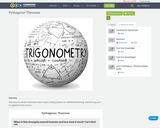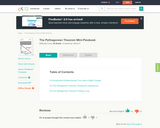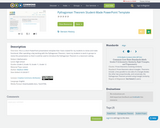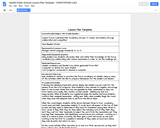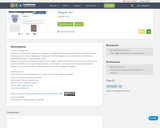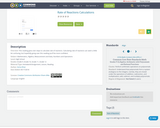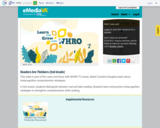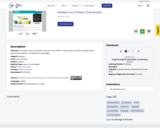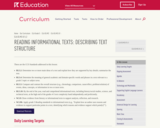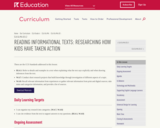With this free video resource, students will explore the economic way of thinking, and the role incentives play in all our lives through engaging Hollywood production style videos.
Educators can use MRU's videos in a variety of ways, to include “flipping” the classroom, as study aids, supplementary material, concept reinforcement, or even as a full course offering.
In MRU's Principles of Macroeconomics course, we’ll cover fundamental questions such as: Why do some countries grow rich while others remain poor? How important is a country’s banking system — and what happened during the recent financial crisis? How did Zimbabwe end up with an inflation rate that rose into the quadrillions?
We’ll also cover important topics like the Federal Reserve, monetary policy, fiscal policy, the Solow Growth Model, institutional analysis, the “economics of ideas,” and more.
------------------------------------
What is Marginal Revolution University (MRU)?
Many of us can remember our first great economics teacher who fundamentally changed how we see the world. At MRU, we try and deliver that experience to millions worldwide through video.
Founded as a nonprofit in 2012 by George Mason University economics professors Tyler Cowen and Alex Tabarrok, MRU is building the world’s largest online library of free economics education videos -- currently weighing in at more than 800 videos.
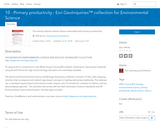
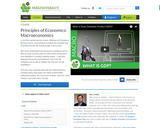
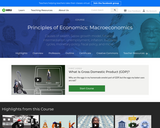
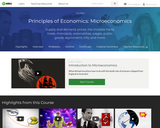
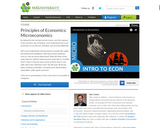
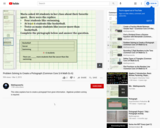
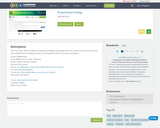

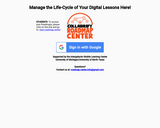
![The Purposes of Government [ushistory.org]](https://img.oercommons.org/160x134/microsite-mi-prod/media/screenshots/610b5d4f351b9b38f5c394889f31984c9fa5e60a0bef94bb2344ef19cbb55237.png)
